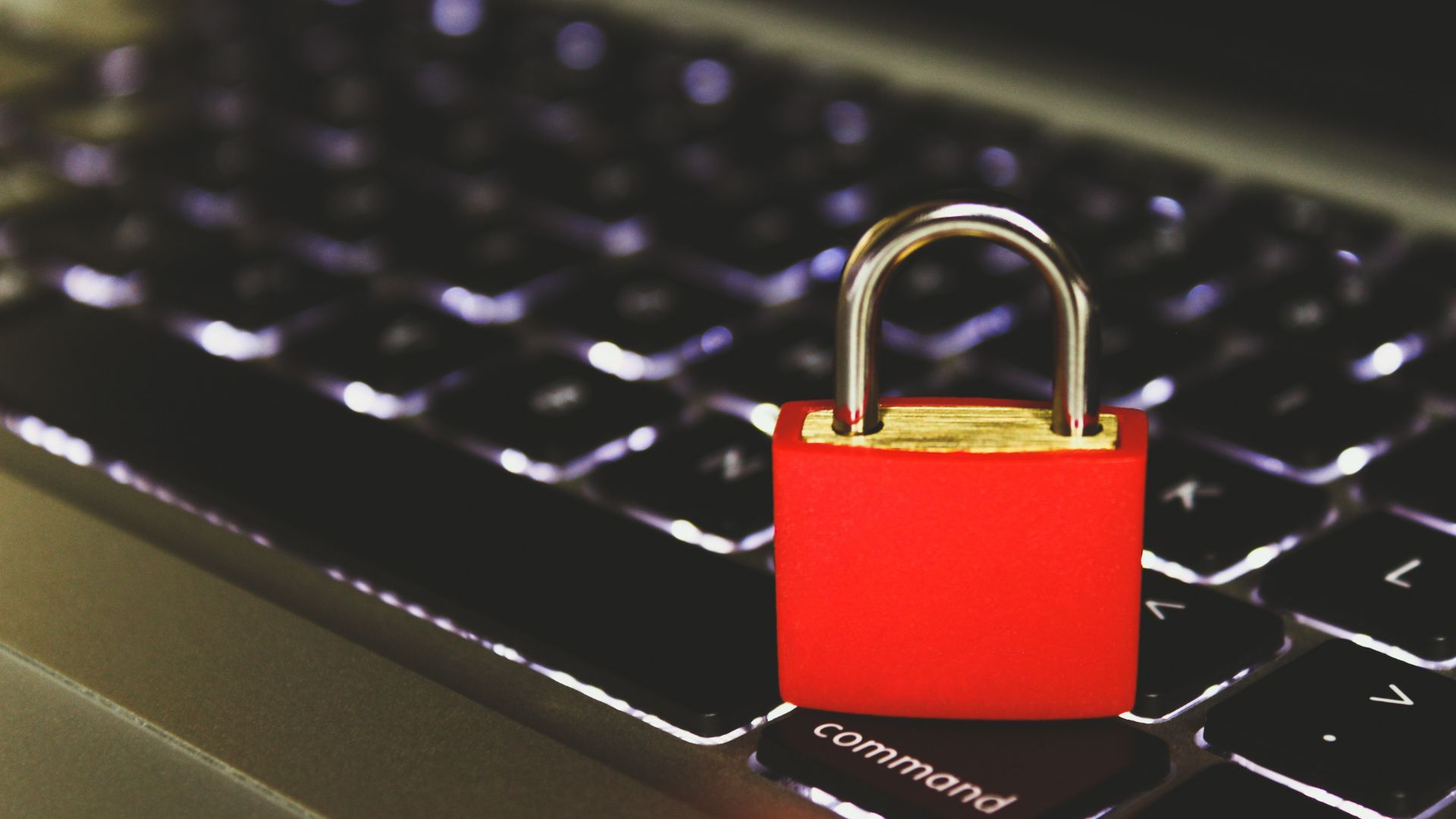Tech
New Technology Can Reduce Toxic Emissions In UK’s London Cabs

16 percent of nitrogen oxide (NOx) emissions in central London are caused by taxis. They are also responsible for 26 percent of the particulate matter in central London’s air. Both emissions come with a bevy of hazards to human and environmental health. However, a German company called HJS has developed a solution: a Selective Catalytic Reduction (SCR) system that can be retrofitted to old taxis. If the system works as advertised, taxi engines will not only be cleaner, but they will last longer and reduce costs.
SCR Does Not Affect Performance
According to HJS, the system that they hope to install in London cabs does not impact their performance or engine control unit. It works independently from the engine to remove nitrogen oxides and other contaminants from the exhaust. HJS estimates that SCR will reduce NOx by 75 percent compared to Euro 5 diesel taxis. This means that, by adopting an SCR system, Euro 5 taxis can become Euro 6.
Euro 5 Versus Euro 6
There are approximately 4,400 cabs in London with Euro 5 certification. Euro 5 denotes a vehicle whose engine emissions are higher than ideal – 0.18 g/km of NOx to be exact (for diesel). In comparing cars by their eco-friendliness, those that are certified Euro 6 win by a landslide. Euro 6 vehicles with diesel engines must emit no more than 0.08 g/km of NOx. If all outdated taxis were to adopt SCR, the entire fleet of London cabs would operate at an acceptable emissions level. For this to happen, the technology would likely need government approval.
Lifespan Extension On London Taxis
London law states that, starting in 2022, Euro 5 taxis will be forced to retire after 12 years of operation. This is where the Euro 6 advantage for taxi companies and drivers is most palpable. Cabs that have Euro 6 certification can drive for 15 years before retirement. That’s three extra years. A lot of fares can be collected in three years, and a lot of money can be saved on taxis if the old ones can be replaced every 15 years instead of every 12. SCR is, therefore, a cost-effective technology that should benefit the drivers themselves. Hidden costs, of course, may remain.
If SCR is approved and implemented, it could signal the end of energy-inefficient taxis – not only in London, but the world over. Electric power will claim whatever vehicles SCR misses. Diesel cabs are just another casualty in the war for sustainability.
Tech
The Importance of Cyber Hygiene: Tips from HelpRansomware Experts

Byline: Katreen David
In the digital age, the adage “an ounce of prevention is worth a pound of cure” has never been more relevant.
For Juan Ricardo Palacio and Andrea Baggio of HelpRansomware, the battle against digital threats is a daily reality. Founded in response to the growing menace of ransomware, HelpRansomware has made it its mission to recover data while educating the public on the importance of cyber hygiene.
“Preventing a cyberattack before it happens is crucial. We can safeguard digital assets more effectively by nipping the threat in the bud through vigilant monitoring and proactive measures,” says Baggio.
The Growing Threat of Cybercrime
Cyber threats have become increasingly pervasive and sophisticated, impacting businesses and individuals alike. According to research, there are an estimated 2,000 cyberattacks per day globally. This equates to over 800,000 cyber crimes annually. In line with this, the worldwide cost of cybercrime is projected to reach the $23 trillion mark by 2027.
This alarming figure highlights the critical need for robust cybersecurity practices. HelpRansomware has responded to this challenge by accentuating the importance of preventive measures. “Our goal is to create a safer digital environment where cyber hygiene is as natural as brushing your teeth,” says Palacio.
Cyber Clean: Maintaining Digital Hygiene
HelpRansomware advocates for a proactive outlook on cybersecurity. It offers practical tips for maintaining good cyber hygiene, such as regularly updating software, using strong and unique passwords, developing risk management plans, and educating employees about phishing scams.
“Cyber hygiene is about taking small, consistent actions to protect your digital assets,” explains Palacio. “When we practice good cyber hygiene, the chances of cyber attacks occurring shrink significantly.”
Businesses can significantly reduce cyberattack vulnerability by integrating these practices into daily routines.
HelpRansomware’s Role in Promoting Cyber Hygiene
Beyond recovery services, HelpRansomware is dedicated to raising awareness and providing education on cybersecurity best practices. It conducts workshops and seminars to help organizations understand the importance of cyber hygiene. This unique initiative mirrors the company’s sincere efforts toward shielding the world from the dark side of the web.
“Education is the first line of defense against cyber threats,” emphasizes Baggio. “Francis Bacon’s famous quote will always ring true in every industry: ‘Knowledge is power’.”
HelpRansomware’s efforts are power moves across the board that help businesses recover from attacks. Its checkmate move, however, is its vision to build a culture of prevention that can safeguard against future threats.
In an era where cyber threats lurk around every unlikely corner of the internet, the importance of cyber hygiene cannot be overstated. Through its innovative solutions and educational initiatives, HelpRansomware is leading the pack in promoting better cybersecurity practices. “We believe that a well-informed and vigilant community can defeat cybercrime,” concludes Baggio.
HelpRansomware’s proactive stance on cyber hygiene is setting new standards in the industry. Through education and preventive practices, Andrea Baggio and Juan Ricardo Palacio are fortifying the digital community, making sure that future cyber threats are met with informed and resilient defenses. Cleanliness matters in both the tangible and digital world.
-

 Tech4 years ago
Tech4 years agoEffuel Reviews (2021) – Effuel ECO OBD2 Saves Fuel, and Reduce Gas Cost? Effuel Customer Reviews
-

 Tech6 years ago
Tech6 years agoBosch Power Tools India Launches ‘Cordless Matlab Bosch’ Campaign to Demonstrate the Power of Cordless
-

 Lifestyle6 years ago
Lifestyle6 years agoCatholic Cases App brings Church’s Moral Teachings to Androids and iPhones
-

 Lifestyle4 years ago
Lifestyle4 years agoEast Side Hype x Billionaire Boys Club. Hottest New Streetwear Releases in Utah.
-

 Tech6 years ago
Tech6 years agoCloud Buyers & Investors to Profit in the Future
-

 Lifestyle5 years ago
Lifestyle5 years agoThe Midas of Cosmetic Dermatology: Dr. Simon Ourian
-

 Health6 years ago
Health6 years agoCBDistillery Review: Is it a scam?
-

 Entertainment6 years ago
Entertainment6 years agoAvengers Endgame now Available on 123Movies for Download & Streaming for Free
